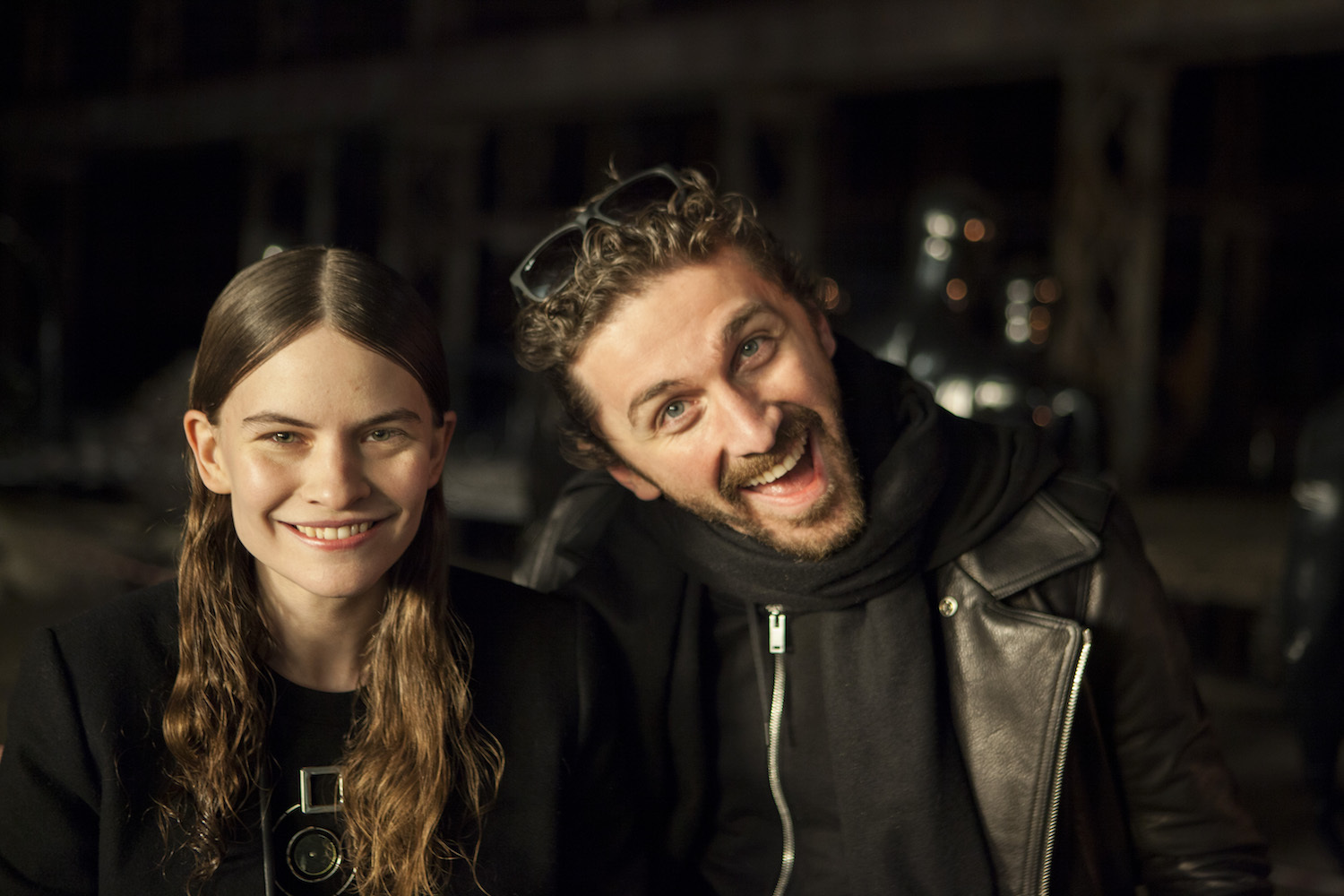Twentieth century European history is felt no stronger than in Berlin where Checkpoint Charlie stands as a kitcshy but solemn reminder of a city and continent once split in two. Only a week after the horror of Brexit hit us, I’ve come to the German capital with David Koma, who’s never had the privilege of an EU passport thanks to his Saint Petersburg upbringing, but is currently waiting to see how much the new taxes on the materials he imports into his eponymous London studio will change his independent fashion brand. It’s been shot for a Mercedes-Benz short film—the reason we’re all here—starring Eliot Sumner, Lucie von Alten and a whole lot of fire courtesy of Swedish filmmaker Christian Larson, who has joined us on our morning drive. “As a teenager in Russia I always wanted one of these,” David says, padding the seat of the Mercedes-Benz G-Class SUV taking us around sunny Berlin. “All the gangsters drove them. I loved the angular design.”
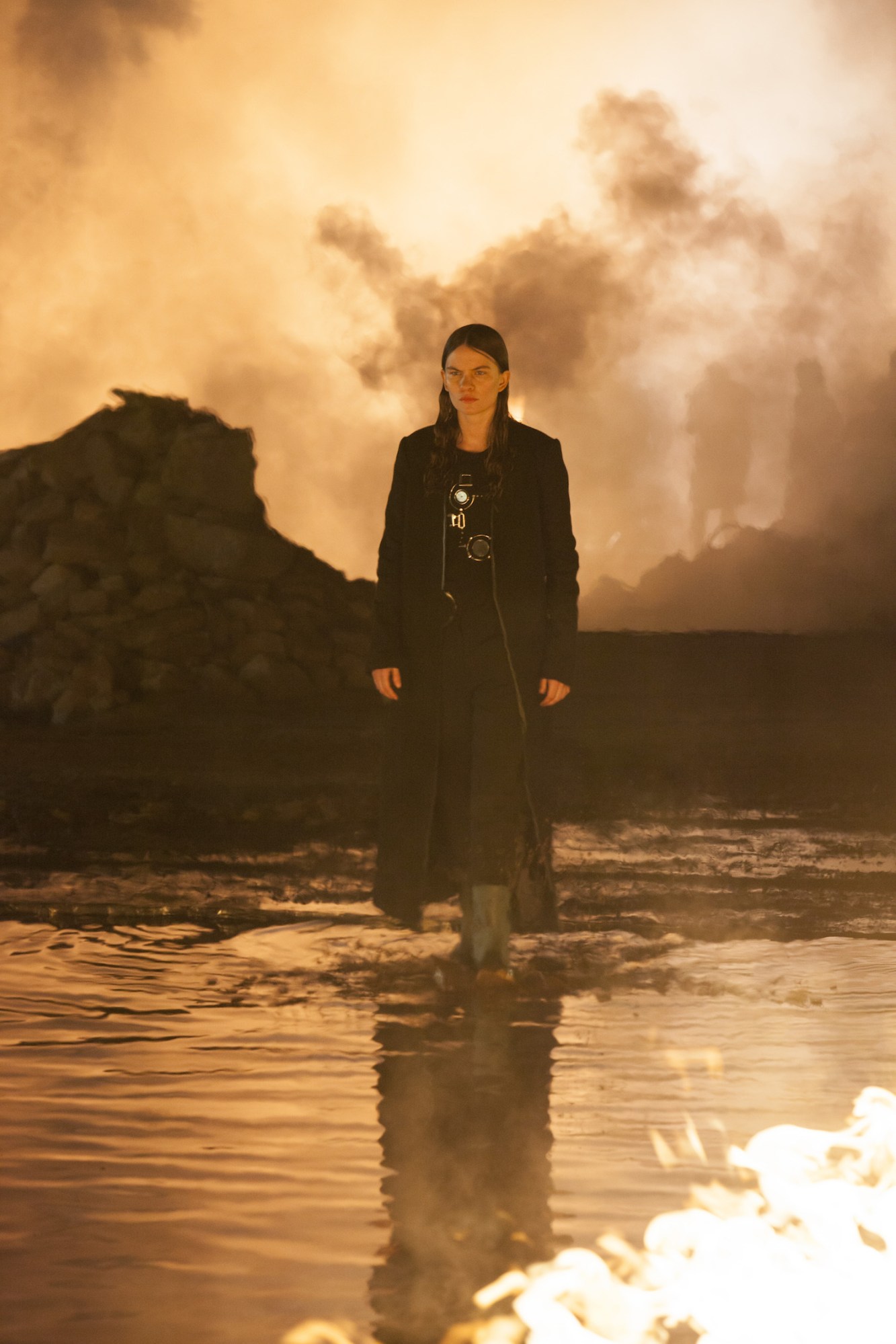
There’s a lot of machine in the work of David Koma: sexy, slick and glitzy, his dresses easily live up to your idea of the pumped-up Russian power woman, but his references have more to do with modernism and contemporary architecture. “Is my work sexy? It’s feminine. I guess I always wanted to make women look stronger than men, because growing up in Georgia you always have the mother figure as the idol. Georgians have this huge admiration for women.” He was born in Tbilisi in 1985 and spent the first ten years of his life there before moving to Saint Petersburg—four of those years behind the Iron Curtain before the Wall fell in 1989 and a dissolved Soviet Union began its assimilation into Western society. “I remember trying my first banana when I was twelve,” David says. “The lack of things, that’s what I remember, but I never felt like I was missing something. It was just that suddenly there were bananas.”
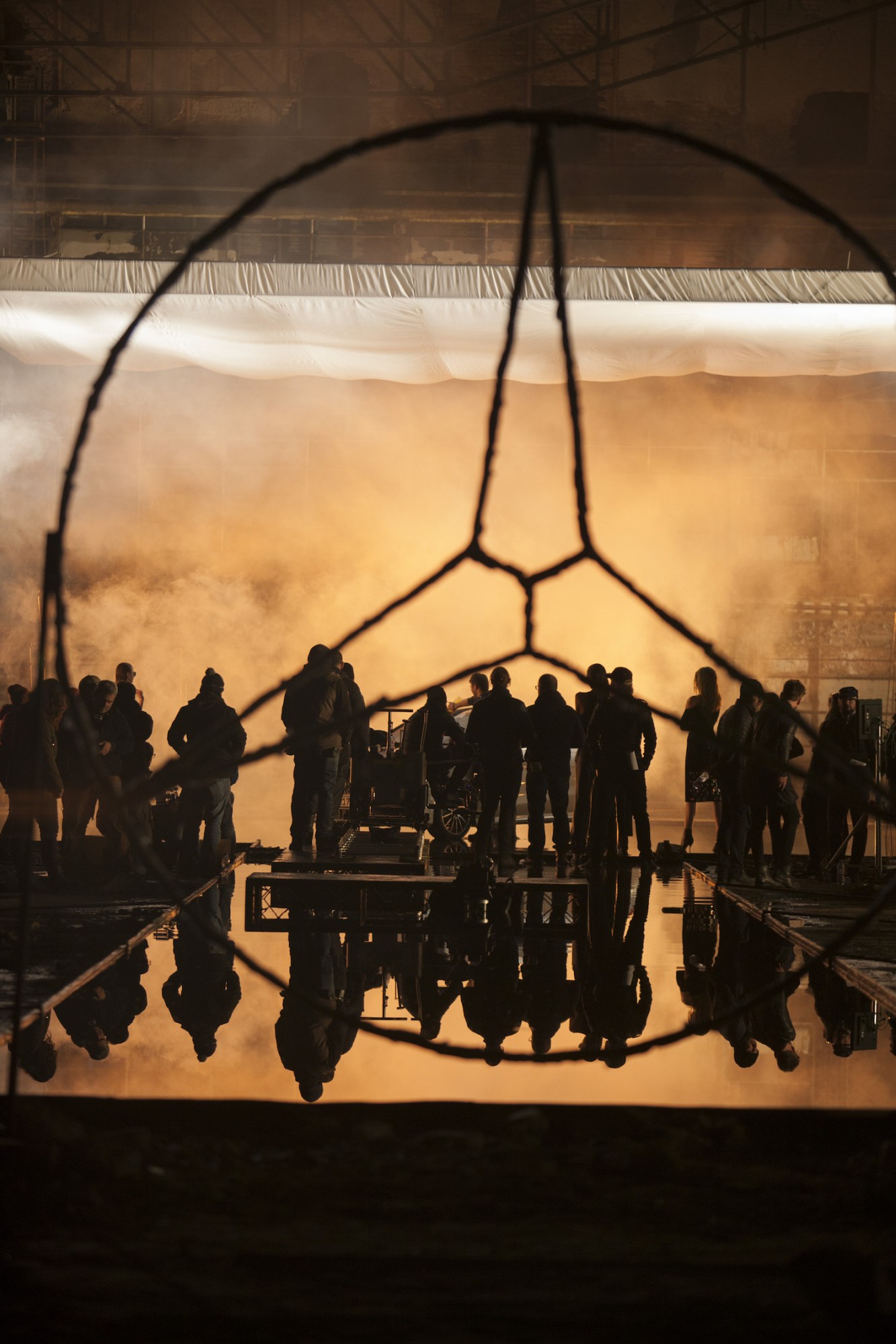
Growing up in Tbilisi, he didn’t have the turbulent childhood of fellow fashion Georgians Demna and Guram Gvasalia of Vetements, who had to escape civil war in the separatist area of Abkhazia in the early 90s. He doesn’t share the sense of Soviet nostalgia either, pioneered by Gosha Rubchinskiy and stylist Lotta Volkova, who works for both those brands. “Often, designers from my part of the world will use those elements in their work, but I never felt like that. I don’t know why.” Perhaps it’s the result of an un-dramatic childhood, growing up with a footballer father who went on to work in finance, and an athlete mother who became a geologist. Products of a sports-fixated Soviet Union, David’s parents groomed him to become a tennis player but once the family moved to Saint Petersburg and improved their lifestyle – “things got better and better,” as he puts it – fashion was the way forward. David got his first fashion studio at age fifteen.
“Can I pay you in pounds,” I jokingly asked a cab driver when I arrived in Berlin. “Nein danke,” he laughed. “I don’t think I want your pounds now.” Britain’s devastating decision to leave the EU is on everyone’s mind, and walking along the Wall – or what’s left of it – you can’t help but think of the conditions that created a need for a Union in the first place. It’s the European history that’s made it possible for a Georgian, a Swede and a Dane, who all live or have lived in London, to freely cross paths and openly talk about British and American politics walking next to that Wall. We discuss the new tensions in Europe and America where Left and Right wings are farther apart than ever and the world is starting to look a lot like Berlin in the early 1930s: those Depression years after the Wall Street Crash of 1929 when the Golden Twenties were suddenly wiped out by the national socialism of a scary new Germany. This is why history echoes louder in Berlin. It all happened here first.
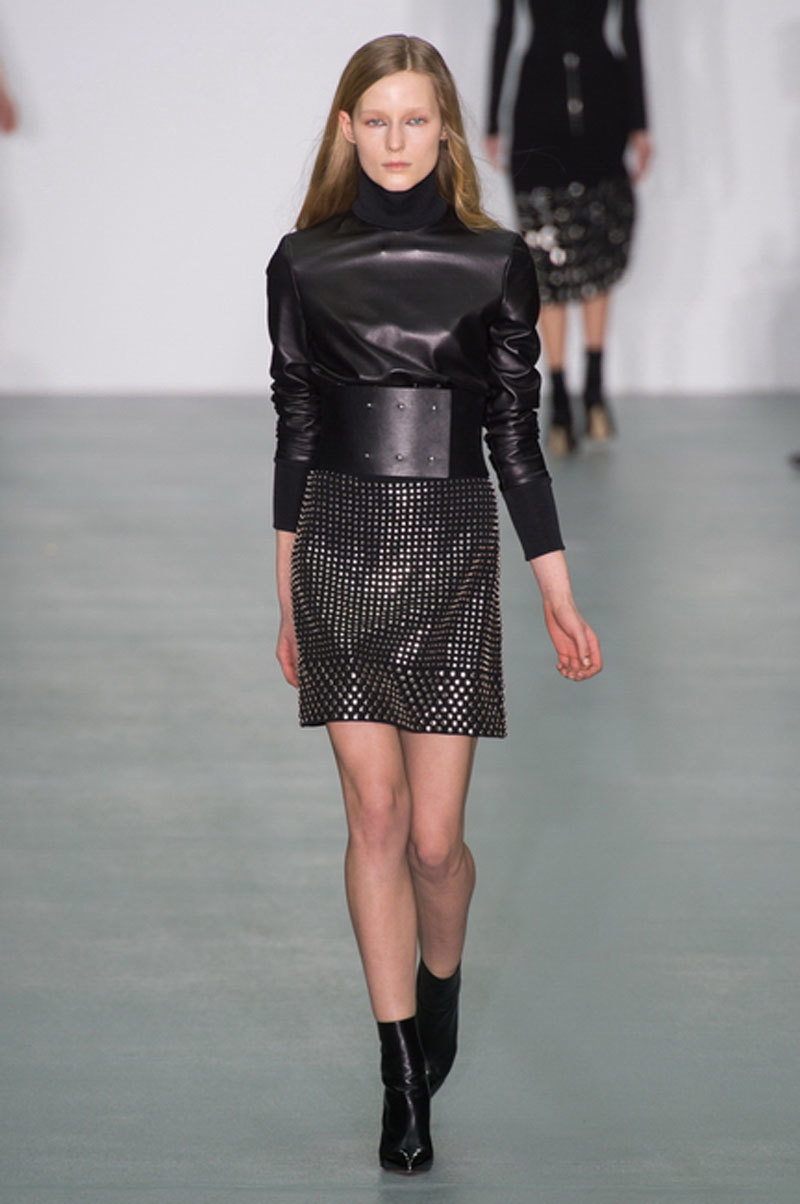
Back in our G-Wagon, we stop in front of a mural on the Wall, Dmitri Vrubel’s 1990 painting of Leonid Brezhnev and Erich Honecker locking lips. “Kiss him,” Christian smilingly shouts at two male American tourists faking a snog in front of it. One turns around, looks curiously at us for a while, then, with nonchalant disgust in his eyes simply says, “Faggots”. On the background of the Wall the experience feels dark, like a reminder of that escalating political divide in the Western world right now and how little we’ve apparently learned from history. Back in America, Donald Trump wants to repeat it and build a wall of his own, to keep out the Mexicans—or isolate the Americans. It was the situation in Berlin and Europe from 1961 until the Wall came down three decades later, and while Eastern Europeans like Koma are as Western as the rest of us, they still bear a heritage we could never fully understand.
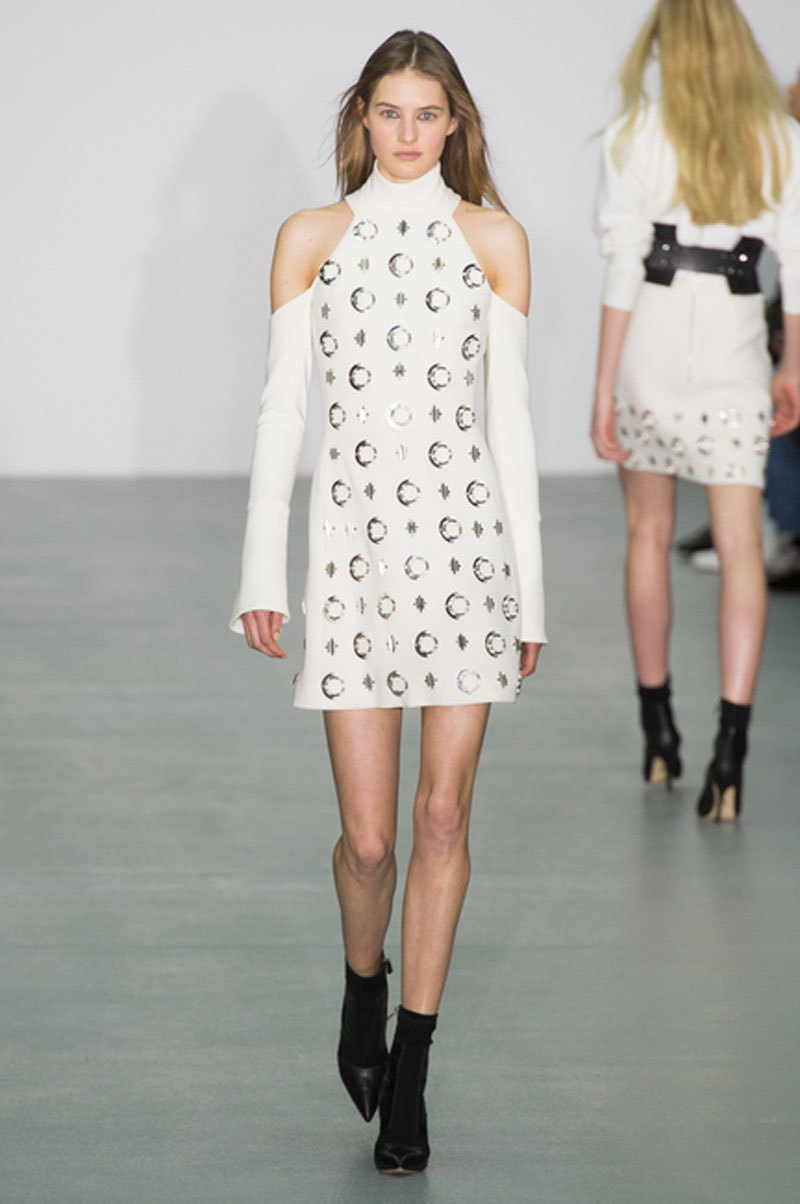
At 16, David met Alex. She was his flatmate in a five-bedroom apartment in the centre of Saint Petersburg, and the year after they moved to London to pursue the designer dream. David studied fashion under Professor Louise Wilson at Central Saint Martins, launched his own brand in 2009, was appointed Creative Director at Mugler in 2013, and two years ago he and Alex had a daughter, Mia. “I properly discovered all the magazines and books when I moved to London at 17,” David says, his accent still coloured by Russia, his doe-eyes a constant shade of a little bit concerned. He has three crosses around his neck. It’s not that he’s an anxious person, but a sensitive one, who wears his heart on his sleeve. “David has that sensibility. He looks at something and says, ‘I like that. I don’t like that. I don’t get that. Why?’ And then you make decision and move on,” Christian tells him as we’re driving through Potsdamer Platz.
“I feel like a lot of designers are fishing around for opinions and they squeeze it out, but with you it’s all inside of you. You make up your mind based on what’s inside of you.” It’s an accurate observation, and a sentiment that’s also reflected in David’s view of the world. I ask him how he feels about Russia right now, the unequivocally most criticised country in the world. He ponders the question. “I think some of it is correct, but a lot of it quite wrong. I see good and positive things in everything, so whenever I go back to Saint Petersburg I’m just having the best time.”
Credits
Text Anders Christian Madsen
